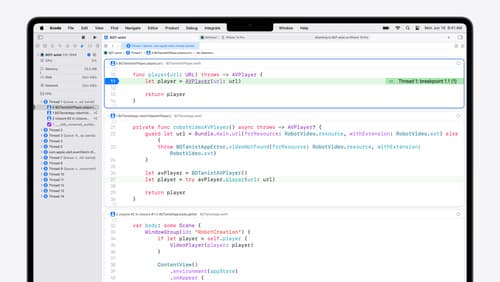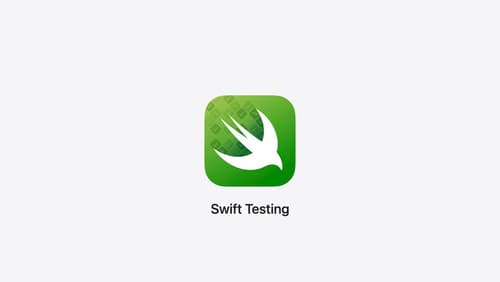When writing unit tests, when should I override `invokeTest`?
Asked on 2024-08-21
1 search
In the context of writing unit tests, overriding invokeTest is not typically necessary when using Swift Testing, as discussed in the Meet Swift Testing session. Swift Testing introduces a new approach that integrates seamlessly with Swift concurrency and provides various features like async/await support, actor isolation, and traits for specifying test information.
If you are using XCTest, invokeTest might be overridden in more advanced scenarios where you need to customize the execution of test methods, but this is not a common practice for most unit tests. Instead, Swift Testing encourages using the test attribute to denote test functions explicitly, which simplifies the process and reduces the need for such overrides.
For more details on how Swift Testing and XCTest relate, you can refer to the Meet Swift Testing session.

Go further with Swift Testing
Learn how to write a sweet set of (test) suites using Swift Testing’s baked-in features. Discover how to take the building blocks further and use them to help expand tests to cover more scenarios, organize your tests across different suites, and optimize your tests to run in parallel.

What’s new in Xcode 16
Discover the latest productivity and performance improvements in Xcode 16. Learn about enhancements to code completion, diagnostics, and Xcode Previews. Find out more about updates in builds and explore improvements in debugging and Instruments.

Meet Swift Testing
Introducing Swift Testing: a new package for testing your code using Swift. Explore the building blocks of its powerful new API, discover how it can be applied in common testing workflows, and learn how it relates to XCTest and open source Swift.
